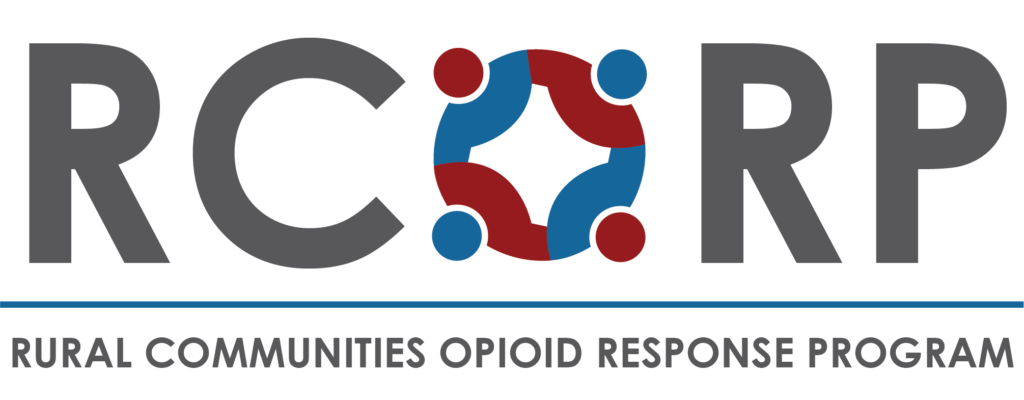Implementing contingency management into rural recovery housing
Implementing contingency management into rural recovery housing: recommendations of a professional advisory expert panel.
(MARR) Recovery Residences – How We Know They Work
Dr. Corey Vilsaint discusses the evidence supporting the success of recovery residences for those with SUD.
Why Evaluation Matters
Find out why evaluation matters to your rural recovery house, what data is the most valuable to collect, and how to evaluate and use the data you secure.
Intermediate Evaluation
This course will consist of five modules covering resident outcomes of interest, construction and use of a data shell, simple data analysis, data visualization, and reporting.
Peer Recovery as an Evidence-Based Practice: From Science to Impact
The presentation focuses on how peer recovery models of care can help rural recovery communities from three perspectives. Dr. Kelly explains his research from the Recovery Research Institute on peer recovery centers, and reviews the evidence behind how these centers support and encourage long-term recovery. Dr. Depman addresses strategies, benefits, and challenges incorporating peer recovery models of care into that setting for OUD and AUD, based on his experience utilizing peer recovery coaches in the Emergency Department (ED) at Central Vermont Medical Center, a community hospital serving a rural population. Liza Ryan–a certified peer recovery coach in rural Lamoille County, VT, and a person in recovery for over 7 years–explains how her work is affected by serving a rural community.
Facts for Life: Drug Interaction and Overdose
Fact sheet describing the interaction of multiple drugs and ways to prevent overdose.
Resources for Monitoring Substance Use Trends
This article describes the websites for federal agencies and national or international organizations which can be useful sources of information about SUD trends, tools, and messaging. The highlighted websites include the National Drug Early Warning System (NDEWS), Centers for Disease Control and Prevention (CDC), National Institute on Drug Abuse (NIDA), Drug Enforcement Administration (DEA), Center for Forensic Science Research and Education (CFSRE), United Nations Office on Drugs and Crime (UNODC), and several community websites offering discussion forums.
Need for a recovery related surveillance system
Justifying the need for a recovery related surveillance system: Exploratory focused interviews
Making Data Work for You
Webinar on starting program evaluations for recovery housing programs

